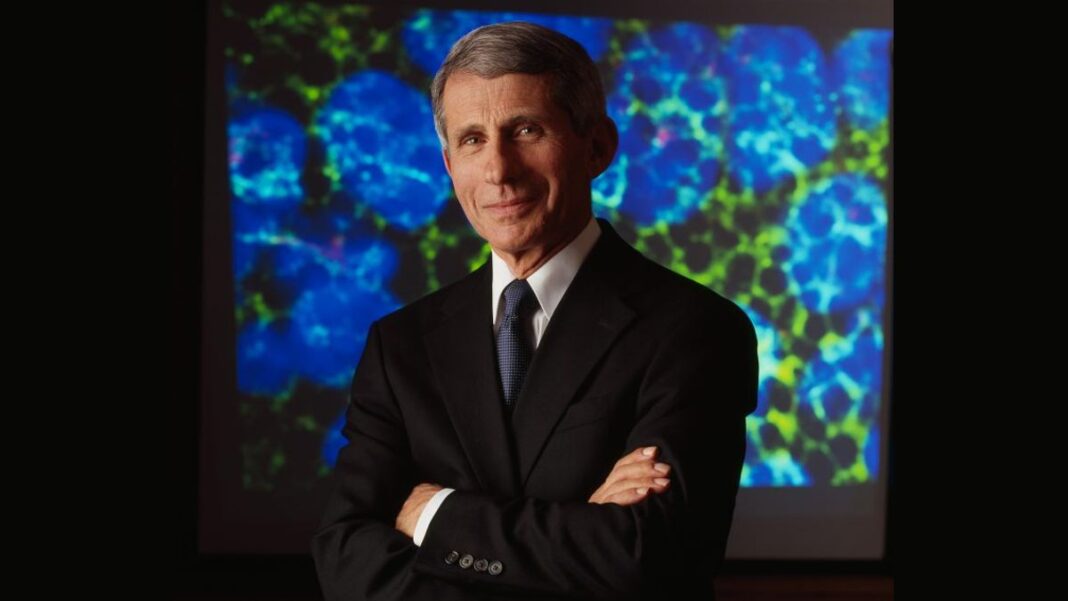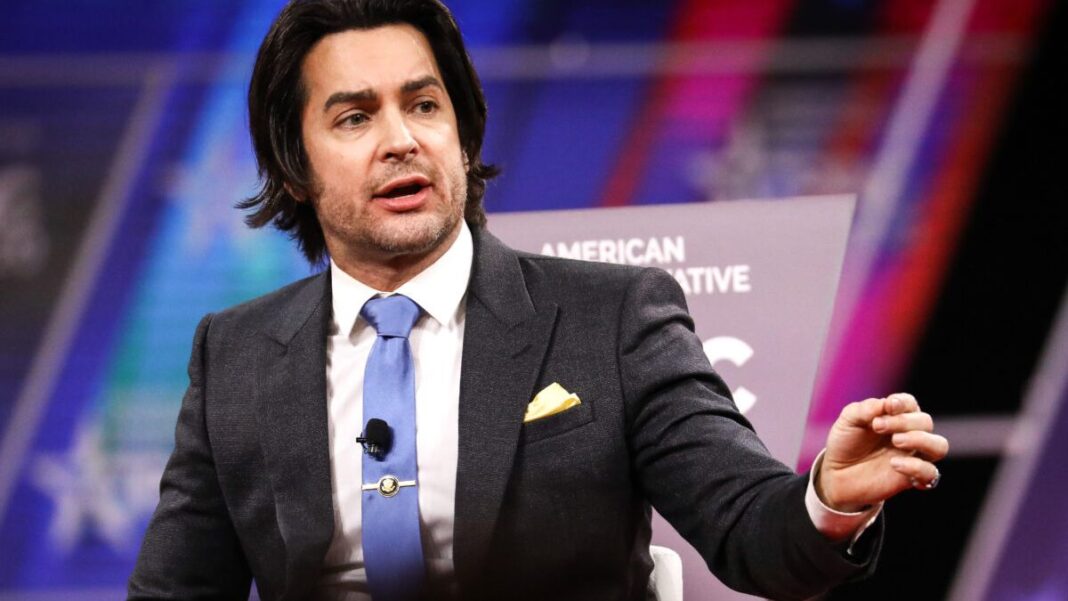Four prominent scientists who played key roles in shaping the public narrative about the origins of COVID-19 received substantial increases in grant money from the institute headed by Dr. Anthony Fauci in the subsequent two years, a review of funding data by The Epoch Times has found.
Three of these scientists—Kristian Andersen, Robert Garry, and Michael Farzan—were advisers to a teleconference organized by Fauci held on Feb. 1, 2020, in response to increasing public questions about the origins of the virus.
The scientists also were instrumental in the publication of “The Proximal Origin of SARS-CoV-2,” a highly influential paper that promoted a natural origin theory for SARS-CoV-2, the virus that causes COVID-19, and has been frequently cited by the government and media.
Emails released under Freedom of Information Act requests show that the scientists told the senior members of Fauci’s teleconference that they were 60 to 80 percent sure that COVID-19 had come out of a lab.
Notably, despite their private concerns about the origins of the virus, the first draft of “Proximal Origin” was completed on the same day as the teleconference. Andersen and Garry were co-authors of the paper, and Farzan was acknowledged in the version published by the journal Nature for his participatory discussions in the article’s creation.
Additionally, Fauci’s National Institute of Allergy and Infectious Diseases (NIAID) provided a substantial increase in funding to EcoHealth’s Peter Daszak, through whom NIAID had funded controversial gain-of-function coronavirus research at the Wuhan Institute of Virology in China.
Some of this funding has continued through 2021—and one of the newest grants will continue through at least 2025.
A significant portion of the funding increase for Daszak, as well as for Andersen and Garry, was provided through NIAID’s creation of the Centers for Research in Emerging Infectious Diseases (CREID).
The program, which was originally referred to as Emerging Infectious Diseases Research Centers (EIDRCs) during the early planning stages in 2019, was formally announced under a new name on Aug. 27, 2020. It isn’t known why the program was initially delayed or why it was renamed.
By Jeff Carlson and Hans Mahncke







